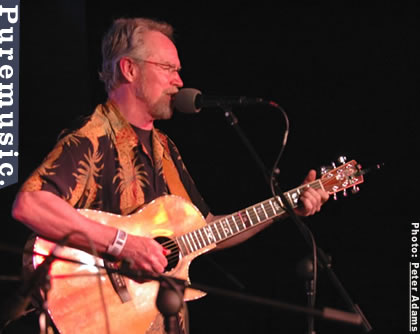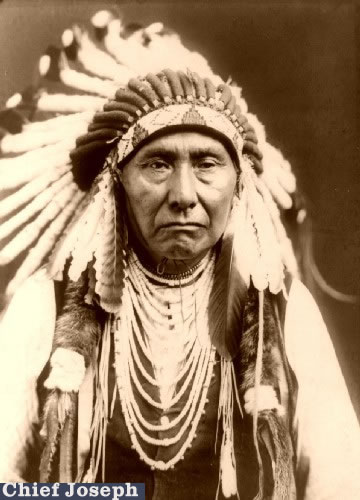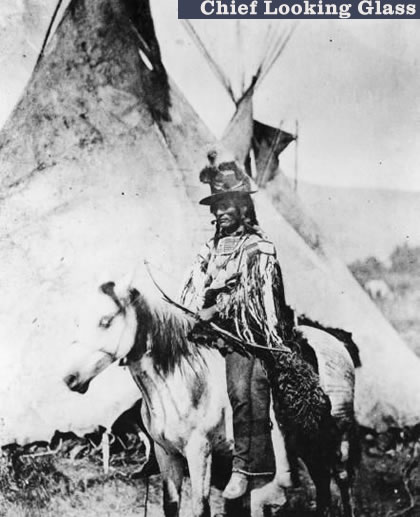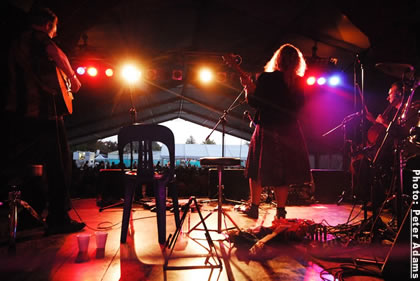
A Conversation with Danny O'Keefe (continued)
PM: So what's on the horizon, career-wise, now that you're back to recording in a solid way? You're just going to keep writing and recording? Are you going to look for new labels, look for new publishing deals, or do it yourself?
DO: Probably not publishing deals. Most of the songs that I've had recorded were either because I gave somebody a tape or somebody heard a song on a record. I've never particularly had success with publishers running material.
PM: Right. And few people do, I think.
DO: They tend to be banks, banks and holding companies, as much as anything. And that's a very important service for a writer that needs that yearly stipend in order to be able to continue writing, it's important. I mean, it's not that I couldn't use it, it's just that I don't think I would do that again. I want both my masters and my songs for myself.
PM: Yeah.
DO: It's not a selfish thing, it's just they're mine, I don't want to give them away if I don't absolutely have to do it. As I said, I've really enjoyed doing nonprofit work for the last eight or nine years or so, but I think that what we set out to do with that organization has largely been accomplished, and there's no reason to keep reinventing it. And what I've missed enormously is being able to play for people, with people, and the luxury of being able to record my songs. I have another couple projects, one about the Nez Perce, that I would love to be able to make into a DVD, as well as a CD.
PM: I'm sorry, about the…?
DO: Nez Perce. Are you aware of Chief Joseph?
PM: Not really.

DO: Okay. Nez Perce were who greeted Lewis and Clark when they came up over the Lolo Pass and were starving to death. And the Nez Perce took care of them, and took care of their horses. And when they went down to Columbia and came back the next year, gave them all their horses, or the equivalent, and were -- and still are very gracious great people who were and have and continue to be abused by the government of the United States, which is us. It's a very sad story. It is a very moving story, a very heroic and courageous story. It's something I've been working on as a suite of songs since 1968 when I came out of like almost a dream state with the words "Looking Glass in Oregon" -- one night he had a dream, and that's the beginning of the tale.
PM: Wow.

DO: So there are a wealth of photographs that would be very interesting to put into that. I would love to have a little bit of live footage of what that country still looks like. It's that tri-corner area of Washington, Oregon, and Idaho, kind of where Hell's Canyon is, and the Wallowa Valley, it's still exceptionally beautiful country -- except you still have the people who took it from the Nez Perce who are still very racist.
PM: And they're camped out there.
DO: Yeah. They won't give it up.
PM: Yeah.
DO: Yeah, their mascot is the "savages" -- they still regard the Indians in less than kind terms. So that's the next project I would like to record. I have a bunch of songs, and I'm writing new songs. Who knows? I hope someone likes it well enough, hope that there's a label or a distribution company or somebody that's interested in working this record, because I love this record. I've been listening to it ever since we started to get the beginning of finished mixes here. And I mean, it isn't ego, it's just I like to hear what's there.
PM: Yes. It's a great bunch of songs. It's unbelievable -- and a great bunch of tracks. Thanks, Danny. It's really nice talking to you.
DO: Thank you, Frank. Yep, a pleasure.
![]()

listen to clips print interview (pdf)
enjoy more photos by Peter Adams at his site (and actually that shot of Peter's up there, of Danny on stage with Kristina Olsen and Peter Grayling, is a lot cooler bigger, so we put a larger version of it on a page by itself, here)

